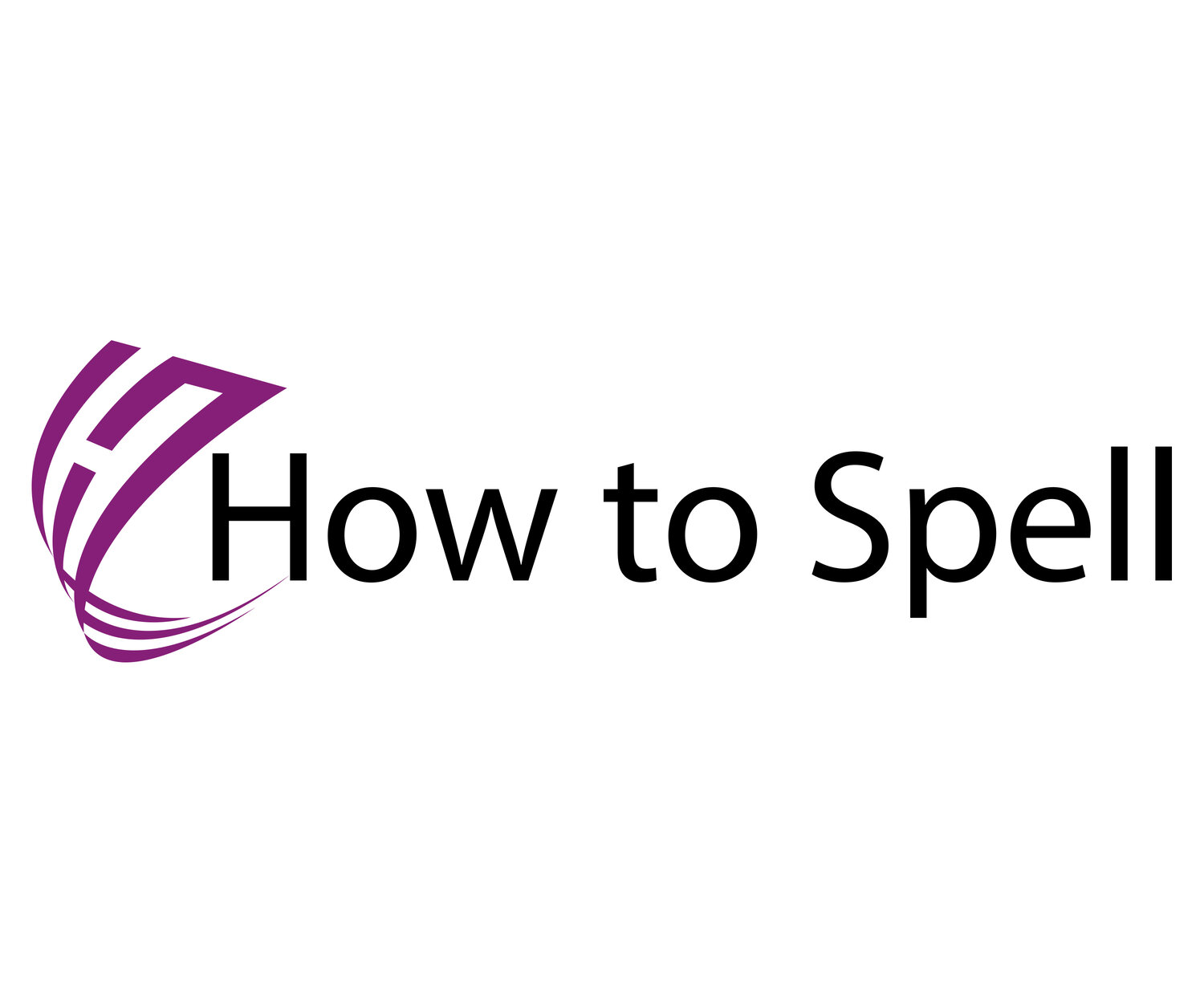The Punctuation Guide and Workbook is a straightforward, jargon-free, step-by-step guide to understanding punctuation so you can improve your confidence in using it correctly, and therefore, improve your writing, grammar and even spelling (especially those pesky apostrophes!).
Do you hate punctuation and struggle with all of those dots, squiggles and other weird symbols?
From apostrophes to hyphens, from terminating marks to questions tags, from commas to colons. It explains the usage and gives sentence examples, and then exercises for you to really get to grips with punctuation.
It's an easy-to-follow guide including:
• Why punctuation is important.
• The choices writers can make with punctuation, and how it can change the meaning of sentences.
• The names of punctuation marks and their purpose.
• How to improve your formal, business or academic writing.
• How developing your own understanding of punctuation can improve writing skills, spelling and grammar.
It’s suitable for British and American English users. There are a few differences that are important to know about and helps stop potential confusion and puzzlement.
Using punctuation correctly is vital for getting your message across. It not only helps others to understand you, it also adds complexity and rhythm to your writing. Understanding how to use punctuation helps your spelling and grammar too.
English punctuation is always evolving, which means experts often disagree about the correct way to punctuate! So this book has brought you the latest from the best authorities on punctuation.
Table of Contents
Introduction
Spelling and Style Notes
Punctuation Marks
The Importance of Punctuation
Self-Assessment Exercise
Apostrophes
Apostrophes for contractions/short forms
Apostrophes and homophones
Apostrophes for possession
Hyphens
Capital Letters
Terminating Marks
Full Stop/Period
Question Marks
Question Tags
Indirect Questions
Exclamation Marks/Exclamation Point
Abbreviations
1. Shortenings
2. Contractions
Latin abbreviations: etc. / e.g. / i.e.
3. Initialisms
4. Acronyms
Commas
Transitional phrases and commas
However
Bracketing commas
Setting the scene commas
Punctuation of postal addresses
Punctuating letters
Building Sentences with Conjunctions
Compound sentences
Complex sentences
although / though / even though
Punctuating Numbers
Punctuating Time
Punctuating Dates
Semicolons and Colons
Semicolon (;)
The Colon (:)
Other Punctuation Marks
Ellipsis (…)
Round Brackets / Brackets (BrE) / Parentheses (AmE)
Dash (–)
The Slash
Quotation marks
Revision and Consolidation Exercises
The Punctuation Guide & Workbook is for adults like you who want to improve your punctuation so you can improve your confidence in using it correctly, and therefore improve your writing, and even spelling – especially using apostrophes.

